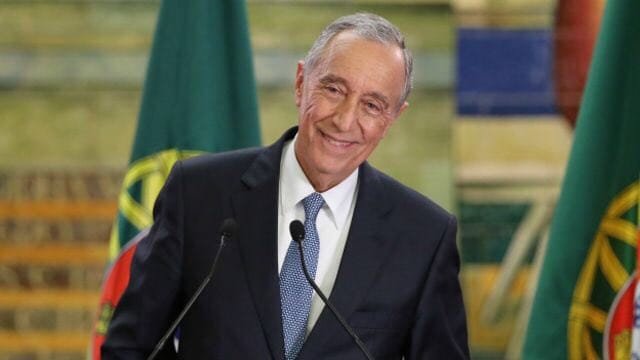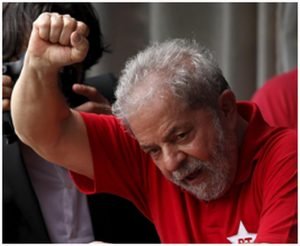
The president of Portugal, Marcelo Rebelo, signed, this Sunday (5), a decree that dissolves the countrys parliament and calls for early legislative elections, which will take place on January 30th.
This is the eighth dissolution of Parliament since 1974. The act is a prerogative of the president, provided for in the Portuguese Constitution, and was used by all of Rebelo’s predecessors in the democratic period.
At the end of October this year, the Assembly of the Republic, as the Portuguese parliament is called, did not approve the proposed Budget for next year. With the lack of approval, the government does not have the security to spend and maintain the functioning of the public machine in 2022.
The president of Portugal had already signaled that the disapproval of the Budget would lead to the dissolution of Parliament, which took place this Sunday (5).
The president justified the decision by affirming the clear loss of support for the Government by the left-wing parties: “We could all do without more elections, but this is the only way to resolve the uncertainty, the instability. It is the only way to allow the Portuguese to decide what they want for the coming years”.
- Daniel Negreanu Finally Breaks His Losing Streak to Win Big in Super High Roller Bowl
- Baby Died After Her Mother Left Her On A Trip For Six Days
- OUTSPOKEN: Why Brazil Is The Most Important Country Right Now? By Will Lisil
- How To Build My Artistic Identity In The Metaverse?
- The Spike Protein From Covid Vaccine Can Persist In The Body For Months, Causing Debilitating Symptoms, According To A Study
The decision was already expected, taking into account the public statements that the President repeated before the impasse in the State Budget negotiations between the Government and left-wing parliamentary forces, the Portuguese Communist Party (PCP) and the Left Bloc (BE) , which proved fruitless and led to the rejection of the Budget proposal in the first vote. The President himself assumed, in this announcement, that he was “explicit” in his intentions.
From the dissolution, a Permanent Commission starts to function, presided over by the current president of the assembly (Eduardo Rodrigues) and composed by the vice-presidents and by deputies indicated by all the parties.
In Portugal, the president is the head of state, responsible for appointing the prime minister, who as a rule is the leader of the most voted party. Currently, the post of prime minister is occupied by António Costa, from the Socialist Party (PS).







